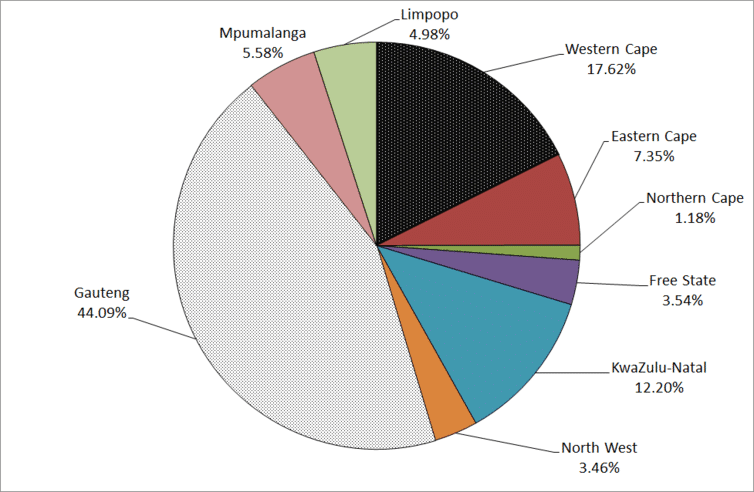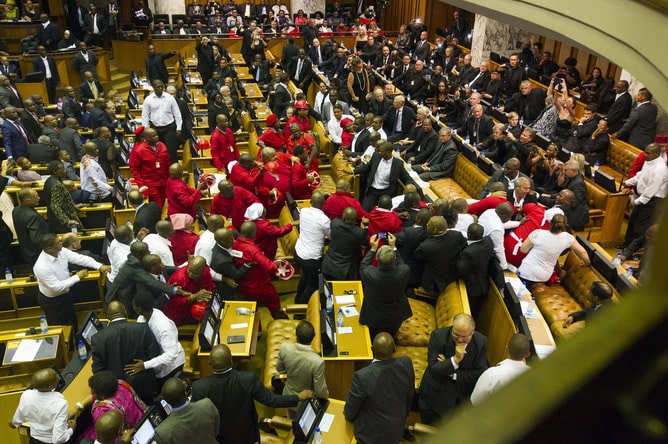South Africa’s Finance Minister Needs Your Support
Advocate Shaun Abrahams, South Africa’s National Director of Public Prosecutions, has stepped into some torrid waters. At a recent media briefing, he dealt with two issues: the first was his announcement that the National Prosecuting Authority will seek leave to appeal a High Court judgment that the matter of the reinstatement of corruption charges against President Jacob Zuma should be reconsidered.
No particular surprise there.










